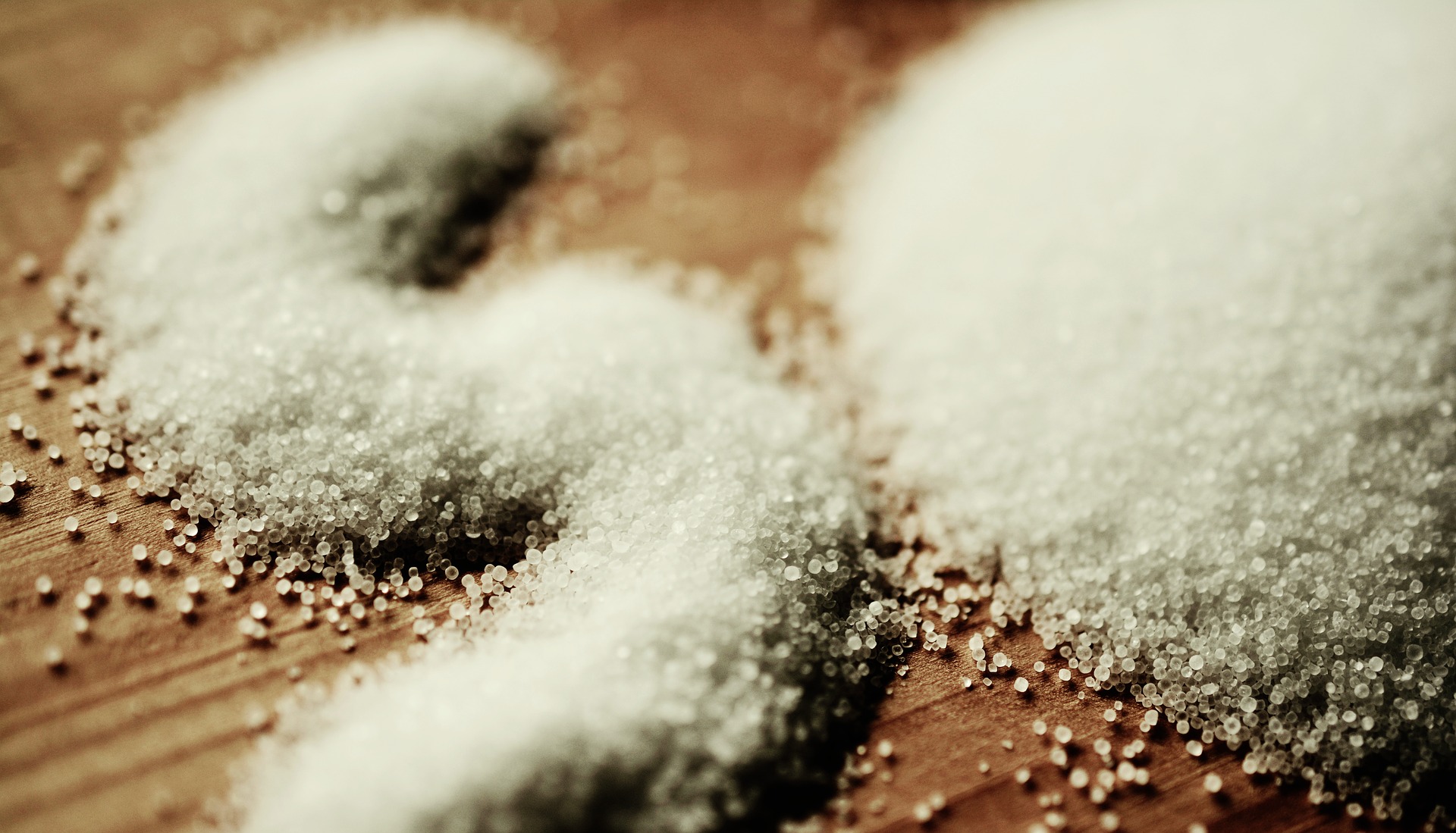The Basis Of A Kidney-Friendly Diet | Tennessee Valley Urology Center

It’s officially March–do you know what that means? March is National Kidney Month, a time to raise awareness about kidney health and wellness. Here at Tennessee Valley Urology Center, we work with many patients who have chronic kidney disease, and we are here to help those patients and their families enjoy a better quality of life.
Maintaining a proper diet is essential for chronic kidney disease, but what many people don’t understand is that people with impaired kidney function have special dietary needs. Here, we’ll go into the basics of a kidney-friendly diet, but remember to always discuss your personal dietary needs and changes with your doctor.
Why does a kidney-friendly diet matter?
If you have chronic kidney disease, it’s imperative to help out your kidneys in every way you can. That means a few obvious things, like reaching or maintaining a healthy weight, reducing high blood pressure, and controlling blood sugar if you are diabetic. But when you have decreased kidney function, you should also keep an eye on certain things–namely your protein, sodium, phosphorus, potassium and fluid intakes.
Protein
Physicians frequently recommend that those with kidney disease limit protein or since a diet that is high in protein can make the kidneys work much harder. Any time you force impaired kidneys to work harder, you are inviting more damage. Limiting your protein can help give your kidneys a much-needed break.
Sodium
Consuming excess sodium can make you thirsty, lead to swelling and raise your blood pressure–all of which can further damage your kidneys. Patients with CKD shouldn’t add salt to their foods and must read labels for hidden sodium. In general, packaged and processed foods tend to contain excessive sodium and should be avoided. Side note: be very careful with “reduced sodium” foods, including salt substitutes, as these often contain extra potassium–a danger for those with chronic kidney disease.
Potassium
If your kidneys are not functioning well, your potassium level will usually be either too high or too low, which may cause problems with your muscles or heart. Most patients have a problem with too much potassium, which means you will need to limit your potassium intake. Too much potassium can be deadly, so if your doctor tells you to follow a low potassium diet, it’s vital that you do so.
Phosphorus
Poorly working kidneys cannot regulate the use of certain minerals in the body as well as healthy kidneys. As a result, too much of certain minerals can build up in your blood. Phosphorus is one of those minerals that tends to accumulate in the blood of many CKD patients. Too much phosphorus can cause weak bones which break easily. If your blood is too rich in phosphorus, you’ll need to limit your consumption as well.
Related: What are the healthiest foods for your kidneys?
Fluids
Perhaps the most misunderstood part of a kidney-friendly diet, fluids are important. Damaged kidneys cannot flush out excess fluids like healthy kidneys can. That causes the body to retain fluids which further taxes the body through high blood pressure, difficulty breathing, and even heart failure. You can talk with your doctor about the right amount of liquids you should take in each day.
Do you have questions about kidney disease? Head over to our Facebook page to join the conservation about National Kidney Month. Questions about our Urology Center? Give us a call today at (423) 472-3201.
